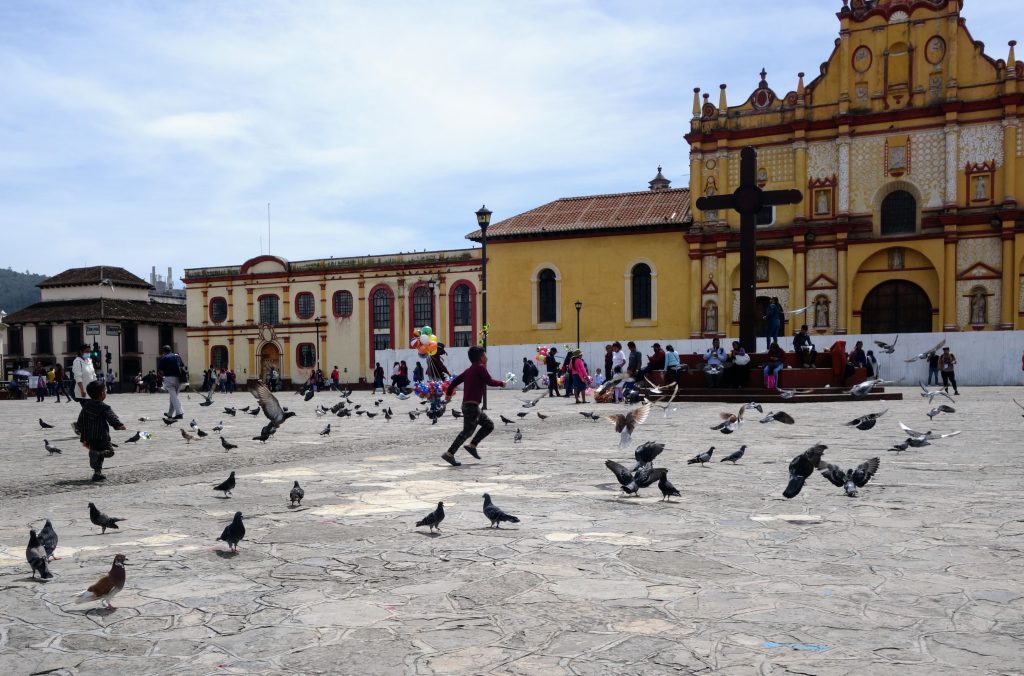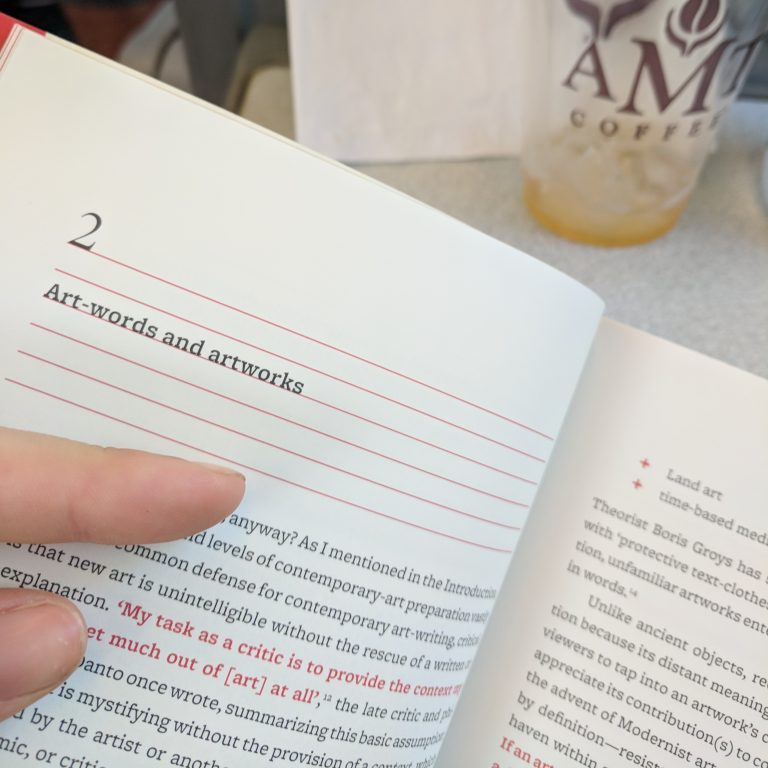Category: Unit 2
-
Unit 2: What remains?
by
in Unit 2Strongest memory from U2 – a moment from class that remains in your mind? What readings/materials had the biggest impact on you, do you remember best and why? (Either from the course reading or that you found yourself prompted by the course) Were there any moments that ‘caught’, where you felt friction, felt personally challenged…
-
U2 submission
by
in Unit 2Our unit 2 assignment was to create a map, diagram or poster that represents our understanding of our positionality from our own perspective and concerning the creative practices of our peers. I created a physical paper map, one that folded and unfolded revealing how my positionality shifts and changes between contexts. I presented it via…
-
Runes and glyphs: Notes on my materials exchange project
by
in Unit 2This term, we’re doing a materials exchange – a round robin of packages with gifts intended to inspire a creative response. I received items from Georgie: a book on Runes by Ralph Blum and a red cloth bag carrying a set of my own – smooth, thumb-sized stones, each etched with a black symbol. In…
-
W14: On my practice – take 2
by
in Unit 2This week I’m returning to thinking about my practice based around these new prompts: Viewed through an intercultural lens, I have both a professional and a personal practice. So the question of how I know when I’m practicing is a difficult one. I’m spending a lot of time at the moment learning Spanish, which feels…
-
W13: On positioning – and disclosure
by
in Unit 2This week has been focused on position and positionality. We talk in open studio about the uncomfortableness of disclosing certain aspects of our identities – of ‘outing’ ourselves, specifically in the context of MAIP. Some things are more uncomfortable to talk about than others. Some feel more personal, are less evident without disclosure and also…
-

W12: On dynamic duos – and pigeons
by
in Unit 2This week we talked about duos, about essentialism, and about Jaques Derrida challenging dichotomies. “Dog is dog because it’s not cat.” Marsha shared this statement, which at first seemed a counterpoint to avoiding dichotomies; a way of understanding the world through distinct categorisation and difference. But it was more a point about how language –…
-

W11: On my practice
by
in Unit 2This week we received the prompt: Progress your cultural production – your practice – by identifying three to five processes that organise how you work. Blog about these. Discuss what these are, why they’re important and what you’ve been able to accomplish thanks to prioritising them. Work with examples – so ground your reflections in…